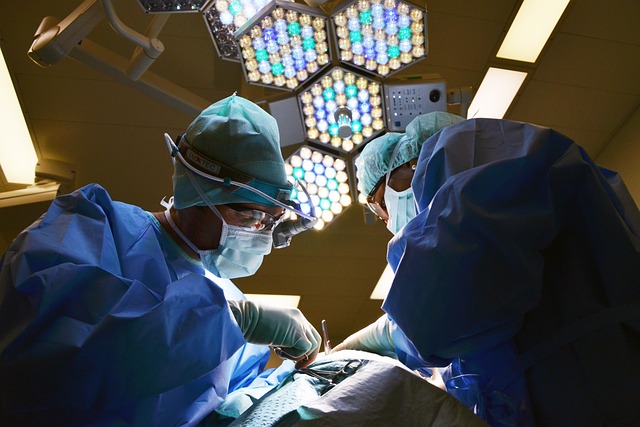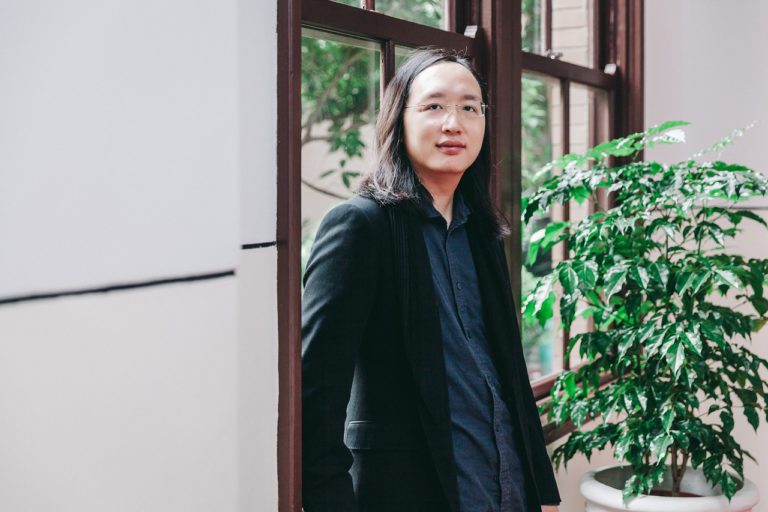Singapore has emerged as a global hub for medical tourism, attracting patients from all corners of the world, especially in Asia, seeking high-quality healthcare services. This phenomenon has significantly contributed to the country's economy and reputation as a leading medical destination.
Singapore’s Lead in Medical Tourism
Medical tourism refers to the practice of individuals travelling to a foreign country to seek medical treatment, surgery, or healthcare services. This phenomenon has gained popularity due to several factors, including cost savings, access to specialised treatments, shorter waiting times, and the desire for a high standard of care. Singapore has become a notable player in the medical tourism industry due to its well-developed healthcare infrastructure, skilled medical professionals, and a range of other factors that make it an attractive destination for patients from around the world.
Foreign patients who seek medical treatment in Singapore come from a wide range of countries, including neighbouring Southeast Asian nations, the Middle East, South Asia, and even countries as far-flung as the United States and Europe. While many patients come for elective procedures like cosmetic surgery or dental work, a significant portion also seeks specialised medical treatments such as cardiology, oncology, and orthopaedics.
A Global Leader in Singapore’s Lead in Medical Tourism
Singapore’s medical tourism industry has experienced exponential growth, firmly establishing itself as a global leader. According to the Medical Tourism Association, Singapore ranks second after Canada in the 2020-2021 Medical Tourism Index.
While many nationalities come to Singapore for medical purposes, more than half of Singapore’s medical tourists are from Indonesia, with approximately 250,000 Indonesians visiting Singapore for medical care each year. This makes Singapore the top destination for medical services for Indonesians.
5 Reasons Singapore Excels in Medical Tourism
Several factors contribute to Singapore’s popularity among foreign patients seeking medical treatment:
1. World-Class Healthcare Facilities: Singapore boasts a robust healthcare infrastructure, with a plethora of state-of-the-art hospitals and clinics. Many institutions in Singapore are internationally accredited, providing patients with the assurance of receiving top-quality care.
2. Highly Skilled Medical Professionals: The country is home to a pool of highly trained and experienced healthcare professionals, including doctors, surgeons, and nursing staff. The proficiency of the medical workforce is a critical factor in attracting patients seeking advanced medical procedures.
3. Cutting-edge technology and Innovation: Singapore is at the forefront of medical innovation and technology. The integration of advanced medical equipment and techniques ensures patients have access to the latest treatments and procedures.
4. Multilingual and Multicultural Environment: Singapore’s cosmopolitan culture and multilingual population make it an inviting destination for patients from diverse backgrounds. The ability to communicate in multiple languages alleviates potential language barriers and fosters a sense of comfort for foreign patients.
5. Efficient Healthcare System: Singapore’s healthcare system is renowned for its efficiency, with relatively short waiting times and streamlined administrative processes. This ensures that patients receive timely and comprehensive care.
Top 3 Challenges of the Medical Tourism Industry
1. Cost Competitiveness: Singapore is an expensive country to travel to as compared to some other medical tourism hubs, particularly in Asia. The cost of medical procedures and treatments, along with associated and daily expenses such as food, accommodation, and transportation, can be a deterrent for price-sensitive patients.
2. Intense Regional Competition: The Asia-Pacific region is home to several strong contenders in the medical tourism industry, including Thailand, Malaysia, and South Korea. Singapore faces intense competition from these countries, which offer similar high-quality healthcare services at potentially lower costs.
3. Capacity Constraints: The demand for healthcare services in Singapore, both from local residents and medical tourists, can strain the capacity of healthcare facilities. This may lead to longer waiting times for certain procedures, which could potentially deter medical tourists seeking prompt treatment.
Despite these challenges, Singapore remains competitive in offering its healthcare and medical services to both locals and foreigners. Singapore’s aggressive stance on the use of technology to optimise industries has seen Artificial Intelligence (AI) being used in many industries in various ways. The medical industry has adopted AI for diabetes management and the use of robots in hospitals. While AI is still in its infancy, the cost issue faced in this industry can be mitigated in the long-run once its use is more rampant and the technology is improvised. With better operational efficiency, there can be better management of facility capacities, thus alleviating the demand.
While competition is strife, especially against Malaysia and Thailand, Singapore’s medical tourism revived after the Covid-19 pandemic.However, the number of foreign patients seeking treatment is lower than pre-pandemic but due to more health complications, revenues are higher. Competitors in the region may need to invest more on technology to keep up with Singapore’s medical advancement and to be able to address multiple and more complex health issues that were previously misdiagnosed or dismissed.
Progress in Singapore’s Medical Tourism
Despite the challenges faced in the medical tourism industry, Singapore’s medical advancements keep progressing due to the increase in international investments, research breakthroughs, and medical innovations. These developments are attractive to foreigners who do not have access to the same treatments and medicines that are offered in Singapore.
Increased Investments by International Pharmaceutical Companies
Singapore is a top choice for international pharmaceutical manufacturers to set up their Asian headquarters in. In 2022, US drugmaker giant MSD launched a new production facility to manufacture next-generation inhaler medicine in Singapore. This facility will support the production of vaccines and medicines, including the company’s cancer immunotherapy products which not only serve the local market but the region as well. This new investment by a pharmaceutical giant such as MSD serves as an endorsement of Singapore’s biomedical ecosystem and advanced manufacturing capabilities.
Increased Medical Research & Innovation
Lucence, a Singapore genomic medicine company, received US$20 million in 2019 after inventing a non-invasive test for late-stage cancer detection that can detect both cancer-related gene mutations and cancer-causing viruses. This non-invasive test is conducted on a sample of blood to find cancer cells or pieces of DNA from tumours that may be circulating in the blood. Compared to conventional methods used in most facilities today, Lucence’s method does not require a hospital stay, has lower medical risks, takes only one to two days for results to return, and costs about one-fifth that of a tissue biopsy. This funding will help Lucence expand its presence overseas as well as fund further research to help detect early-stage cancer. With a 99.9% accuracy, Lucence’s technology focuses on selected DNA fragments and multiplies them using a chemical process, amplifying the signal they give off, therefore, allowing cancer detection.
Impacts of Medical Tourism on Singapore’s Workforce and Immigration
Increased Need for Medical Workers
In addition to Singapore’s local healthcare needs, the influx of medical tourists has led to an increased demand for skilled healthcare and medical professionals. This has resulted in a competitive job market, with hospitals, clinics, and pharmaceutical laboratories vying to attract and retain top talent. As a consequence, Singapore’s healthcare sector has experienced sustained growth, contributing to the overall economic vitality of the country. However, due to Singapore’s small workforce, foreign talent in the medical and healthcare industry is needed to accommodate this demand.
Singapore has actively sought to attract and retain skilled healthcare workers, resulting in policies aimed at facilitating their entry and integration into the local workforce and local community.
Impact on Immigration
This has also led to an increased demand for immigration services, particularly for Singapore PR and Citizenship applications from medical and healthcare professionals. Career opportunities, family-friendly environments, and high standards of living make many of these foreign professionals want to stay long-term in Singapore. Based on Singapore’s inertia towards attracting highly skilled professionals in various industries, Singapore PR and Citizenship approvals might see an increase from this demography as compared to lower skilled workers.







